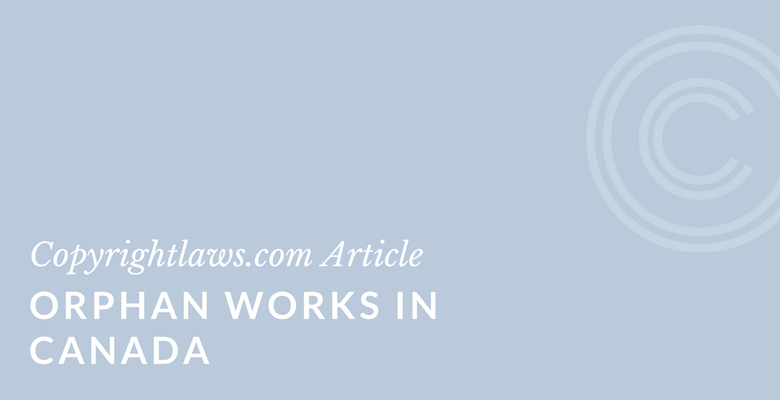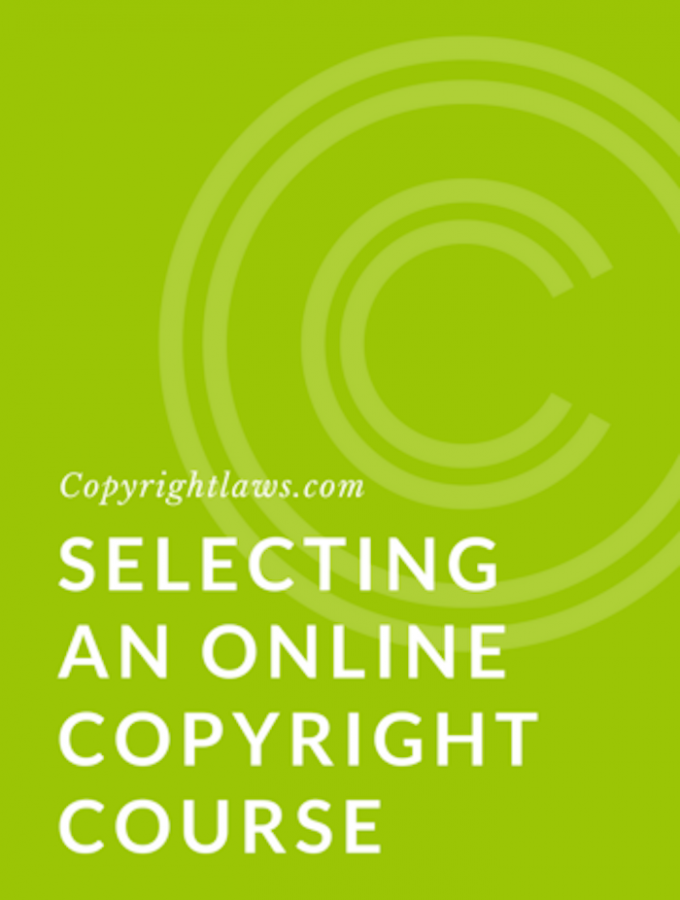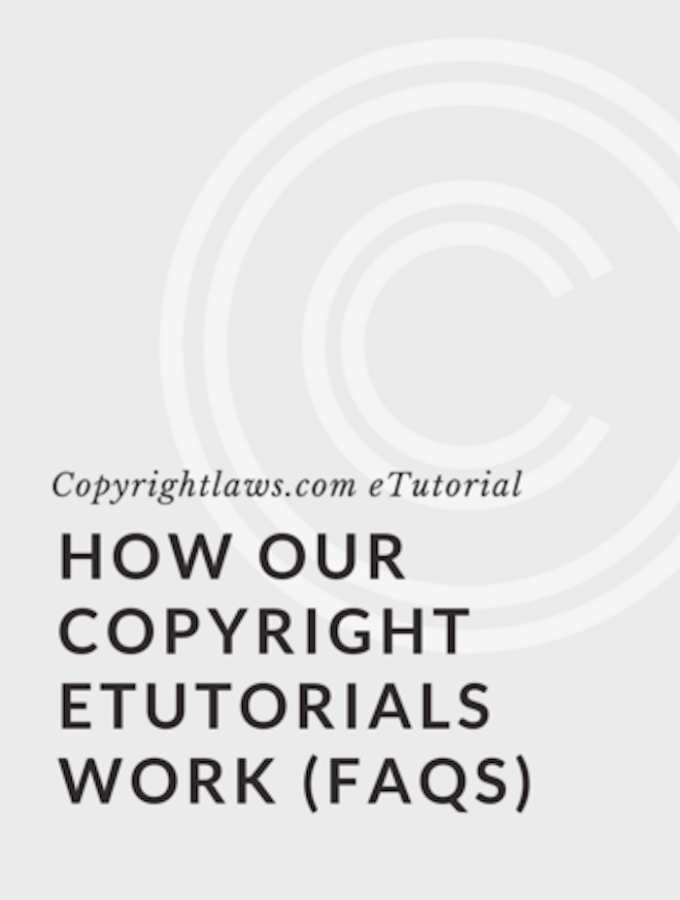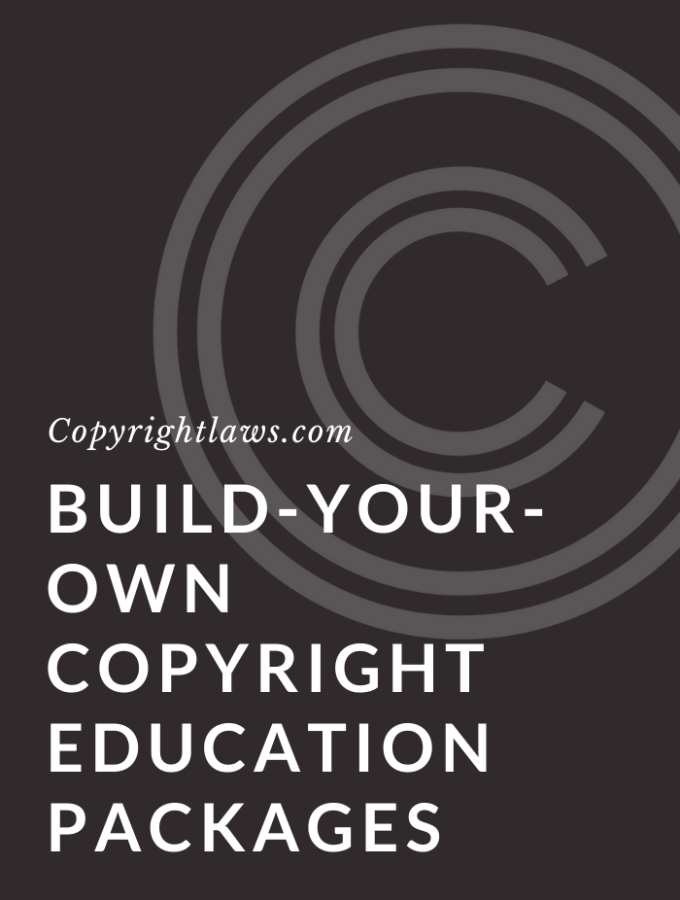Orphan works in Canada may be used even if you haven't obtained permission to use them if you get a license under the Canadian Copyright Act's unlocatable copyright owners provision. How does that compare with other countries?
- The U.K. Copyright Act also has a provision to obtain an orphan works license.
- The U.S. has no provision in its Copyright Act to allow you to use orphan works or to obtain an orphan works license from an administrative body.
Note that orphan works in Canada are usually called works of unlocatable copyright owners.
Using orphan works can be frustrating. Individuals and organizations spend much time investigating who owns orphan works, the status of those works and locating their copyright holder. This article sets out important information on how you can proceed to orphan works through a statutory license system.
To learn more about Canadian copyright law, see our Certificate in Canadian Copyright Law.
Orphan Works in Canada
An orphan work is a copyright protected work where the the copyright owner is unknown or can't be located. The Canadian Copyright Act (the federal statute that governs all copyright law in Canada) has a provision to obtain a license to use orphan works in Canada. This provision has existed since 1988. It allows the Copyright Board of Canada to provide licenses for the use of published works where the copyright holder can't be identified or located.
How To Obtain Permission To Use Orphan Works in Canada
For the Copyright Board of Canada to issue a license to use orphan works in Canada, you must convince it that you've made every reasonable effort to locate the copyright holder. Proof may include evidence of the following:
- Correspondence and phone calls with the rights holder or a representative of the rights holder. This may include copyright collectives or estate executors, associations and organizations relevant to the work or copyright holder
- Contacting publishing houses, libraries, universities, and museums and other relevant institutions
- Extensive online searches
- Additional creative searches to identify and/or locate the copyright holder
If the Board is satisfied by your efforts to obtain permission from the unlocatable copyright owner, it may, at its discretion, give permission (i.e., issue a license) to use the work. This permission is nonexclusive which means that others may be given the same permission for the same work.
Application to Use Orphan Works in Canada
The Copyright Board requests the following information when you apply for an unlocatable copyright owners license:
- Applicant's name and contact information and whether the license will be used by a business or individual
- Description of the work subject to the application including title, whether publisher or not, author, and year of death of author if they are deceased, nationality of author, year of publication, publisher or producer and other relevant details of the work
- Proposed use of the work with as much detail as possible including whether the use will be of a portion of the work or the entire work, made available for free or for sale and if for sale, how many copies will be sold at what price
- Description of the project such as where you plan to distribute/sell it and any information related to royalties paid for use of other works in the project
- Length of time you will use the work, and beginning date of use
- Efforts made to find the copyright owner and results of your searches including copies of correspondence, documentation of phone calls and emails
- Any further information that would help the Board in making its decision to issue a license
Using Orphan Works in Canada
The permission from the Copyright Board is valid only in Canada. It doesn't protect you from infringement proceedings for uses outside Canada, even if the author is Canadian. For example, if you post the work on the internet, you'll be responsible for uses outside of Canada if the work is accessed outside of Canada. You could limit access outside of Canada through technological measures. You could also investigate the laws in other countries to see if permission is required for use of the same work in other countries.
The license issued by the Board is subject to any terms and conditions, including royalty payments, which the Board may establish. Click here to see all of the unlocatable copyright owner licenses issued to date.
The copyright owner may, within five years after expiration of the licence, collect the royalties that are set out in the license. A copyright owner cannot terminate a license granted by the Copyright Board unless this is part of the terms and conditions of the license granted by the Board.
Who May Apply for an Orphan Works License
The unlocatable copyright owner provision is open to any individual or organization. This includes librarians, teachers, students, researchers, curators, archivists, publishers, filmmakers, and business people.
The unloctable copyright owner provision only applies to published works. There is no equivalent provision for unpublished works.
Interested in learning more about Canadian copyright law, consider registering for the Certificate in Canadian Copyright Law.




